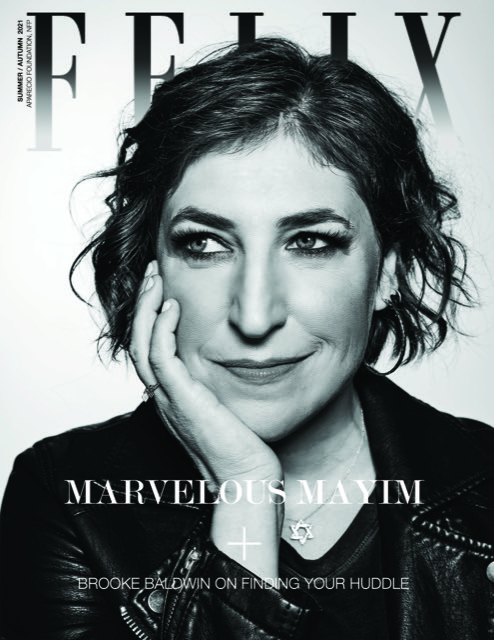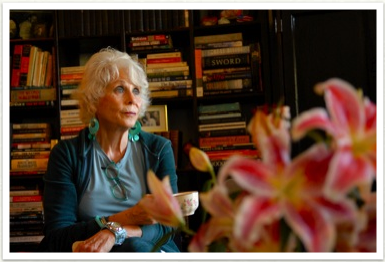The Power of Our Huddles: Interview with Veteran Journalist Brooke Baldwin
Brooke Baldwin
Photographed by Stephanie Diani. Fashion Stylist: Casey Trudeau. Photo Editor: Brianna Kish. Hair & Makeup by Claudia Pedala.
The Power of Our Huddles: Interview with Veteran Journalist Brooke Baldwin
The Power of Our Huddles: Interview with Veteran Journalist Brooke Baldwin
The Power of Our Huddles: Interview with Veteran Journalist Brooke Baldwin
In every story Brooke Baldwin shares in her book, “Huddle, How Women Unlock Their Collective Power”, she is the insightful journalist you expect. The huddle to which she refers is not that clump of men clutched together on a football field. Huddle is, for her, what happens where the energy and intention of women is pooled as well as focused. She points out; “Working together, finding common ground and lending your compassion to another woman might be one of the most important things a huddle can accomplish.”
The women in her book bring about change because they’ve harnessed the power of each other. For her: “Women’s lived experiences and truths matter.”
Baldwin’s own alive curiosity, her caring and compassion take us, in her book, beyond what her role as CNN anchor provides. Baldwin has a tender, as well as an insightful eye, sharing with us the significance and beauty she encountered meeting the women in her book. She shares the achievement of their goals without citing magnitude as its measure.
The book initially beckoned to Baldwin through a group campaign photo that had gone viral and “stopped her in her tracks.” Nineteen black women had campaigned together, calling themselves “Black Girl Magic.” They had all, every single one, been elected in their races in Harris Country, Texas. Baldwin recounts not only her personal encounter with them; but also the chronicle of their journey to the Bench and how, once seated, the judicial climate in their courtrooms was profoundly altered.
According to Baldwin: “I could have written an entire book on just those women…meeting them was soul filling.”
While the book brings to us a powerhouse of stories about women’s achievements, the focus is on what was accomplished when they shared the task in a “huddle”of effort and intention. While Baldwin initially interviewed the women or they came to her attention through her work at CNN, she also wanted to be able to understand more and to share more than what her work there made possible. In order to accomplish that she developed and wrote the book on her own time.
In our phone interview Baldwin said that in her career she had: “…reached a point where I wanted to share my platform and ‘pass the mic’. The best way I knew how, besides being a ‘good huddler’ was to amplify the stories of other women.”
Baldwin includes the story of how Oklahoma teacher Jackie Rasnic and her fellow teachers fought for a raise in their salaries, which had remained the same for years. They had the whole nation cheering their win when the legislature finally raised their salary.
Other stories in the book reveal how women willing to speak out expand the reach of their huddle.
An example is a quote from the testimony of Amanda Thomashow, a survivor of convicted sex offender Larry Nasser: “Little did you know you created this army of survivors.”
The book also calls attention to Greta Thunberg; not for her “How Dare You” speech to the United Nations, but how Thunberg’s huddle grew when she traveled cross-country to the Pine Ridge Indian Reservation in South Dakota to meet Tokata Iron Eyes, who is credited with starting the 2016 movement against the Dakota Access Pipeline on the Standing Rock Sioux Reservation.
“Thunberg wasn’t there just to lead a rally and a march. It was instead a ‘clarion call’ to remind those who had idolized Thunberg that she was a relative newcomer to an effort that Iron Eyes and her ancestors had been tending a good while longer.
These are only few examples of the rich variety of experience to be found in “Huddle.” Tis a good read, indeed, which we highly recommend.
Huddle is available from Harper Audio and Harper Collins e-books, and also on Amazon in both Kindle e-books and hard copy.

















